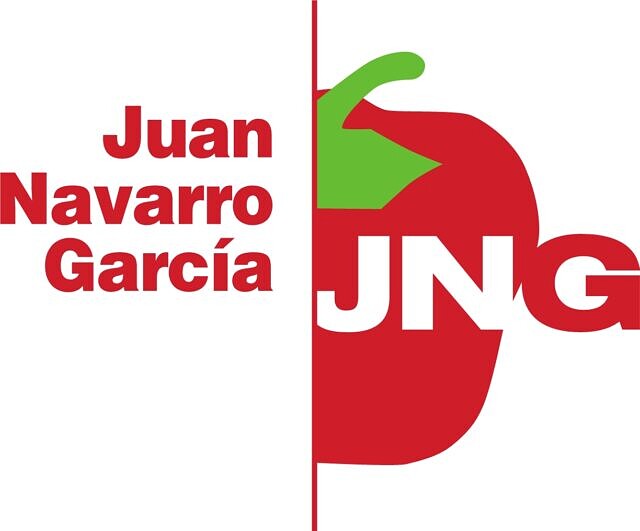SAI Platform’s Water Management Learning Journey Report
1st December 2017

SAI Platform’s latest report on the recent Learning Journey on Water Management at Farm Level presents the innovations and solutions in practice in Israel as well as highlighting the challenges water sourcing faces in agriculture at a global level.
Israel provided an exemplary case of how, in a water scarce region, the availability of water for human use and agriculture can be significantly improved through a combination of technology, an integrated approach, strong governance and individual responsibility. It is apparent that Israel’s innovations in water management is derived from a necessity for survival and economic sustainability rather than a desire for environmental sustainability. Given that only 4% of irrigated agriculture worldwide uses drip technology, and with yet limited use of recycled wastewater, Israel’s example gives optimism that much more can be achieved in other regions around the world.
14 members and partners joined together on this field journey in Israel, to learn best sustainable practices, practical solutions on the ground as well as challenges and opportunities that can be translated to different sourcing regions.
Our local host was one of our members Netafim: a global authority on the technology of drip irrigation. Netafim received the Stockholm Water Award in 2013 for its contributions to farming success across the world.
The scope of most participants was to learn more about technologies and farming practices allowing high water efficiency and resilience to water shortage and thus help to support farmers to overcome water-related risks and constraints.
Key Practical Lessons
1. Installation of drip irrigation is almost always possible:
- For field crops, it is likely to require annual removal and installation, with impact on labour resources.
- Some crops can have long-term pipes subsurface, and harvesting machinery can accommodate.
2. Using recycled/waste water may mean that a fertilizer is not required.
3. Due to soil salinity, often additional water is required to wash the soil.
4. Small margin for error with drip irrigation, because plants are so dependent on the water source and are not over supplied.
5. Often plants can handle higher salinity (in water and soil) than expected, when water is supplied continuously (at low amounts).
SAI Platform and Netafim have been delighted to host member companies and partners: Agrana Group, Boortmalt, The Coca-Cola Company, Danone, Farm Frites, innocent drinks, PepsiCo and WWF España who all considerably benefited from this learning journey.
Our sincere appreciation to Netafim, for their great effort and contribution in the organisation of the learning journey.


